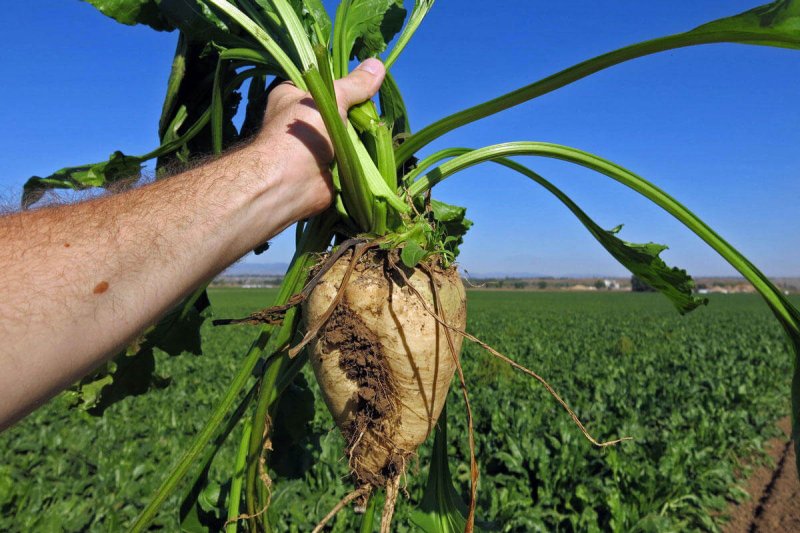Plant biotechnologists from the Ryan Institute at NUI Galway [Ireland] have identified genetic breeding strategies to develop bigger and better sugar beet.
Sustainable intensification of agriculture to meet rapidly growing global demand for food …. will require higher yielding crop varieties that can produce more food using [fewer] resources ….
For crops such as sugar beet, this means the development of varieties that produce more per hectare, while reducing inputs.
…
Using a combination of molecular genetics laboratory work and large-scale sugar beet experimental field trials …. the research team discovered that the most efficient way to develop higher yielding sugar beet varieties was by tapping the benefits of hybrid vigor.
…
[T]he possibility of resurrecting Ireland’s sugar industry has been boosted by the abolition of EU sugar quotas in 2017, with producer groups such as Beet Ireland seeking to re-establish sugar beet as a sustainable and eco-friendly crop in Ireland …. the sugar beet industry [is] experiencing a resurgence across Europe, with new sugar beet processing factories under development in the UK and across continental Europe.…
“[N]ext generation sequencing, bioinformatics and genome editing are now revolutionizing plant breeding worldwide,” [said PhD student Brendan Hallahan, a researcher on the sugar beet work.] “Next generation varieties of the humble sugar beet crop can be an asset for sustainable development in both Ireland and the EU ….”
Read full, original article: Galway scientists develop bigger and better sugar beet































